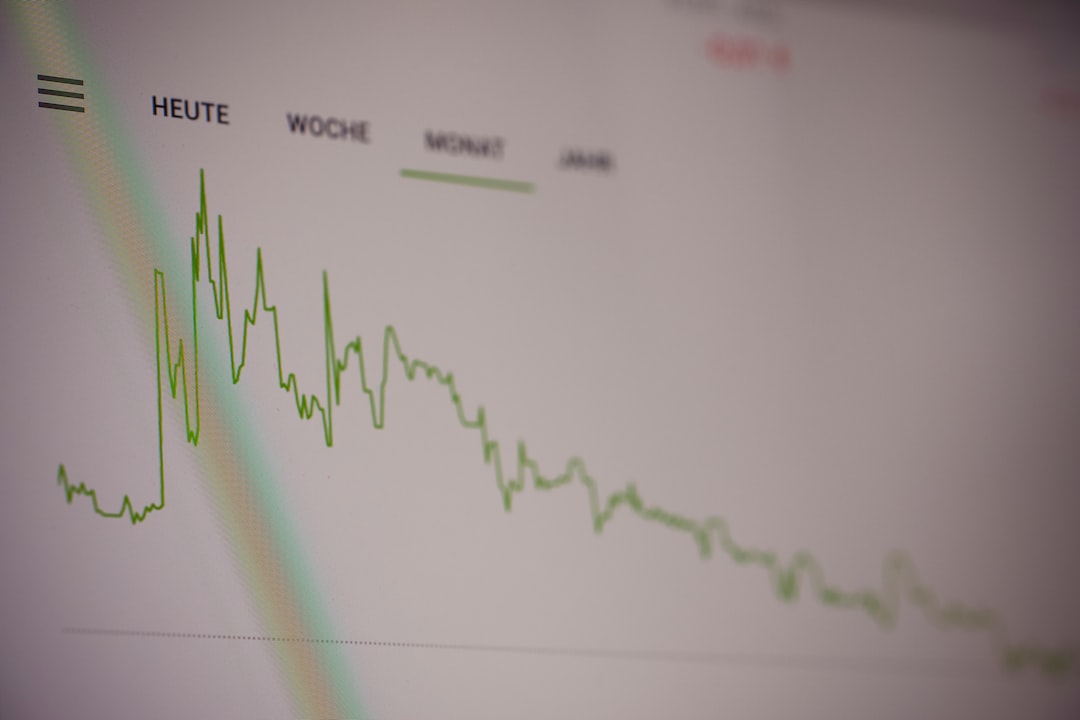The world of trading is incredibly diverse and dynamic, with many different instruments and markets to choose from. Two of the most popular trading options are currency futures and forex, both of which involve trading currencies for profit. However, there are some key differences between these two options that traders should be aware of. In this article, we will explore what currency futures and forex are, how they differ, and which one may be better suited to your trading needs.
What are Currency Futures?
Currency futures are a type of financial contract that allows traders to buy or sell a specific currency at a predetermined price and date in the future. These contracts are traded on futures exchanges, which act as intermediaries between buyers and sellers. The futures contracts typically have standardized specifications, including the size of the contract, the delivery date, and the underlying currency pair.
One of the main advantages of trading currency futures is the ability to lock in a price for a future transaction, which can help to mitigate the risk of currency fluctuations. For example, if a trader knows that they will need to purchase a certain amount of euros in six months, they can enter into a currency futures contract to buy those euros at a fixed price today. If the euro strengthens in the meantime, the trader will still be able to buy the euros at the lower, agreed-upon price.
Another advantage of trading currency futures is the transparency of the market. Since these contracts are traded on exchanges, there is a central location where buyers and sellers can access pricing information and execute trades. This can help to ensure that traders are getting a fair price for their transactions.
What is Forex?
Forex, or foreign exchange, is the decentralized global market where traders buy and sell different currencies. Unlike currency futures, forex trading does not involve a central exchange or standardized contracts. Instead, traders typically use online platforms to access the global forex market and make trades based on current exchange rates.
One of the biggest advantages of forex trading is the flexibility it offers. Since the market is open 24 hours a day, five days a week, traders can participate in trades at any time that is convenient for them. Additionally, the lack of standardized contracts means that traders can buy and sell currencies in any amount they choose, which can be helpful for those who want to trade smaller amounts.
Another advantage of forex trading is the potential for high leverage. Many forex brokers offer leverage ratios of 50:1 or higher, which means that traders can control large amounts of currency with relatively small amounts of capital. While leverage can amplify profits, it can also increase the risk of losses.
What are the Differences Between Currency Futures and Forex?
There are several key differences between currency futures and forex that traders should be aware of. Perhaps the most significant difference is the way in which these instruments are traded. Currency futures are traded on regulated exchanges, with standardized contracts and centralized pricing. Forex, on the other hand, is traded in a decentralized market with no standardized contracts.
Another difference between currency futures and forex is the level of leverage available to traders. While both markets offer the potential for high leverage, currency futures typically have lower leverage ratios than forex. This is because futures contracts require traders to put up a certain amount of margin, which can limit the amount of leverage that is available.
The third major difference between currency futures and forex is the way in which transactions are settled. Currency futures contracts are settled on a specific date in the future, with the delivery of the underlying currency. Forex trades, on the other hand, are settled on a daily basis, with profits and losses calculated and credited to the trader’s account each day.
Which is Better for You?
Deciding whether to trade currency futures or forex will depend on your individual trading needs and preferences. If you prefer a more structured and transparent market, with standardized contracts and central pricing, then currency futures may be the better option for you. If you value flexibility and the ability to trade at any time, with high leverage and no standardized contracts, then forex may be the better choice.
Whichever market you choose, it is important to do your research and develop a trading plan that suits your goals and risk tolerance. Both currency futures and forex can be profitable markets, but they require careful analysis and execution. By understanding the differences between these two markets, you can make an informed decision and increase your chances of success as a trader.






